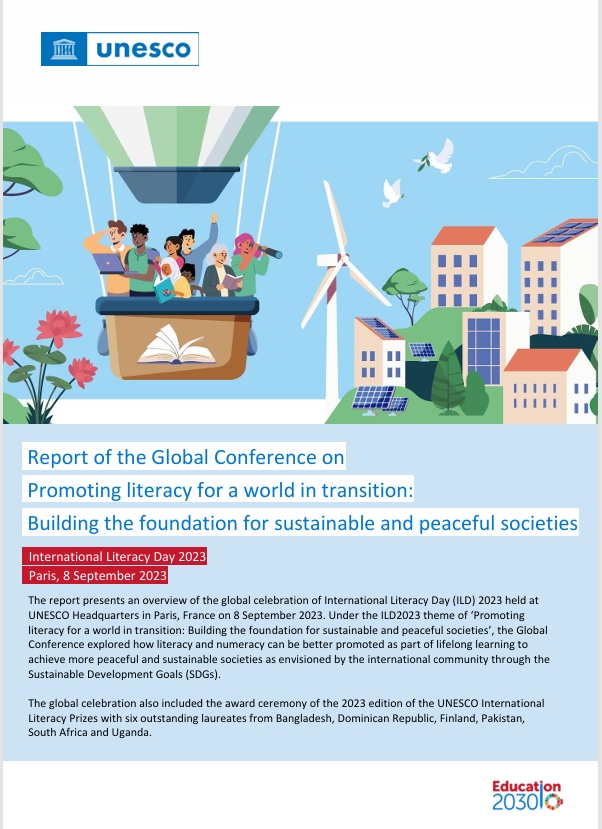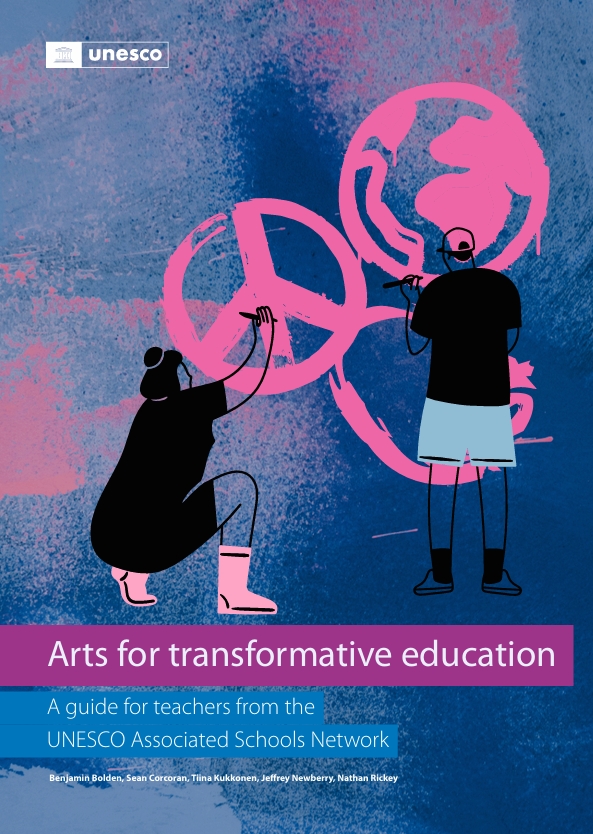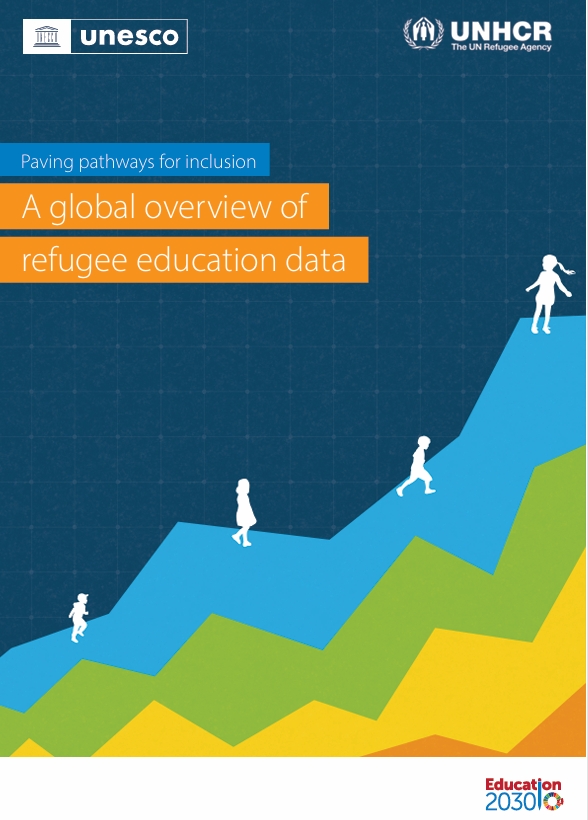Story Source: Education Week ~ Go to Original Article
Early in their school careers, students see STEM pathways as desirable but then change their minds: 60percent of high school students who start out interested in STEM careers lose interest by their senior year. And too many of those who are interested do not have the skills that are needed: A study by the Business-Higher Education Forum found that only 17 percent of high school students are both interested in STEM and proficient enough in math to succeed.
Meanwhile, half of college students majoring in STEM drop out and change majors—many because they were not prepared in high school for the rigor of first-year STEM courses. Others change paths because they are not engaged in the curriculum, which seems irrelevant —this is true at both the undergraduate and high school levels………………..






